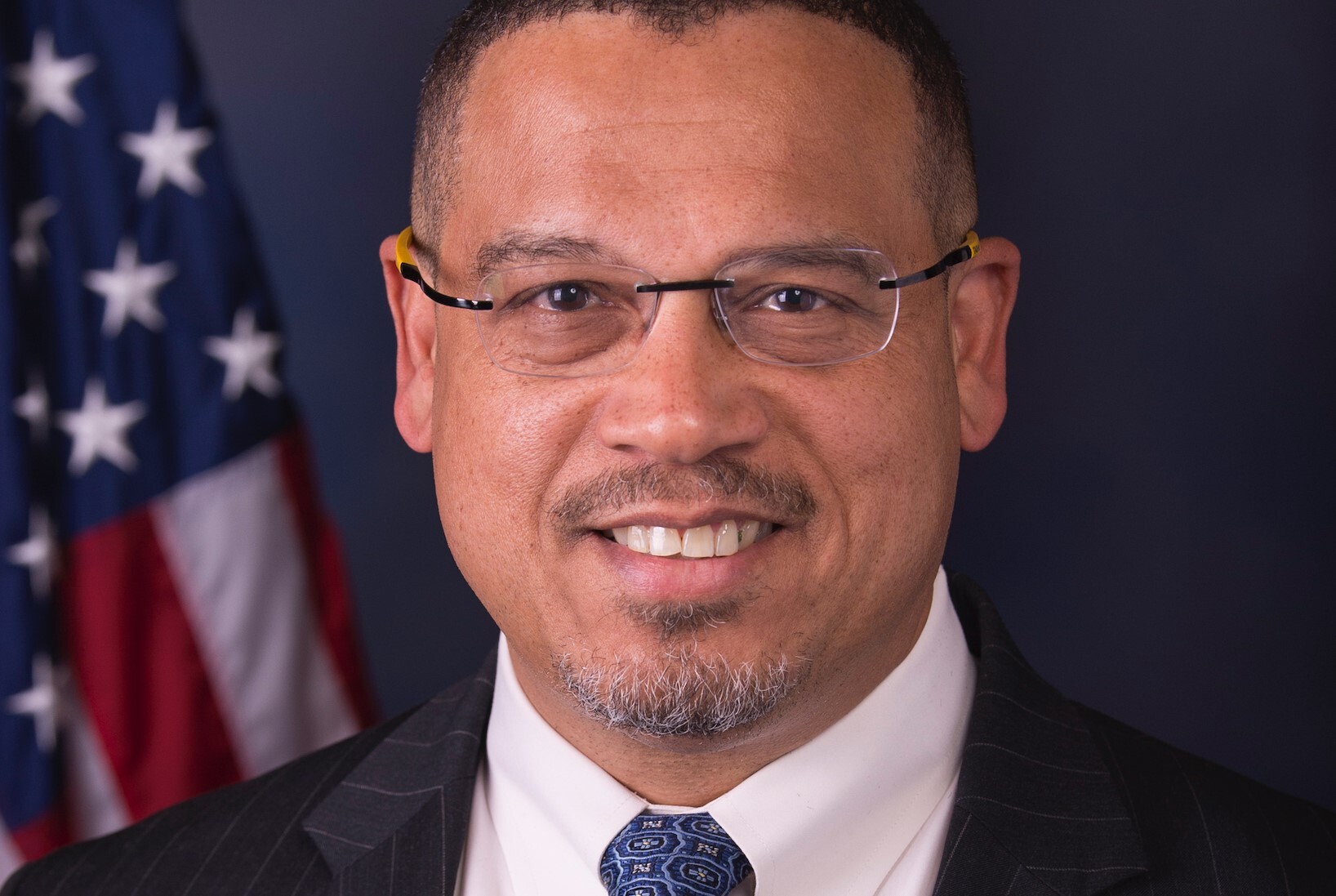ST. PAUL, Minn. (Legal Newsline) - The Minnesota Supreme Court heard arguments last Wednesday in a lawsuit alleging that the office of State Attorney General Keith Ellison improperly concealed from the public communications with out-of-state climate activists and AG offices.
The argument during the High Court hearing appeared to be fueled in part because of vague wording in a Minnesota Government Data Practices Act (Statute 13.65), enacted in 1974. The Act presumed that government data is public unless a state or federal law provided that certain data is not public. However, wording in the Act applied confidentiality to protect “individuals,” and left out the additional category of “non-public data.”
Justice Gordon Moore referred to the Act in this respect as “ambiguous.”
A lawsuit was filed in 2019 by Energy Policy Advocates, a nonprofit based in Washington State tasked with bringing transparency to energy and environmental policy. The suit alleges that the Minnesota AG’s Office sought advice on clean energy policies and environmental legal positions in communication with out-of-state activists and attorneys general, information that should have been made public.
In June 2021, a Minnesota Court of Appeals ruled that Ellison could not conceal documents related to his office’s communications with attorneys general in other states. The judgment was based on the premise of the “common interest doctrine,” which allows states to conceal documents relating to communications with other states, but is not considered valid in Minnesota.
Ellison’s office has been accused of operating under a “shroud of secrecy.”
“If you share something outside of the attorney-client relationship in Minnesota, if you share it with Washington or New York, you’ve got to share it with the public too,” Matthew Hardin, board member of Energy Policy Advocates was quoted in a 2019 Legal Newline report. The report said that among the organizations Ellison's office communicated with included New York University's State Energy and Environmental Impact Center (SEEIC).
A separate lawsuit against the AG filed in October of 2021 by Energy Policy Advocates alleged that Ellison’s office had sent an email account to a University of Minnesota Law Professor, Prentiss Cox. A Legal Newsline report at the time said Cox held no position with the AG. Hardin maintained that Cox had used the account to communicate with climate activist Michael Noble with Fresh Energy, a Saint Paul-based environmental group. The intent allegedly was to lobby Ellison to file suit against private employers in Minnesota and traditional energy (fossil fuel) companies.
In the report Hardin called the relationship “highly unusual.”
During Wednesday’s hearing streamed virtually via the Minnesota Supreme Court Judicial Branch website, assistant Attorney General Oliver Larson asked the seven justices to preserve the confidentiality of the (communication) documents. He said what is at stake is whether attorneys representing the state in matters of importance (climate change), should be granted the same room to work as any other attorney in Minnesota.
“Secondly, whether Minnesota attorneys will be deprived of the well-recognized ability to share privileged information,” Larson said. “There is a need for attorneys to communicate confidentially with their clients.”
Larson said the protections of confidentiality needed to be in place so the AG’s office could do its work and that the work of the AG would be difficult to achieve without the privilege of confidentiality.
“I’m not saying that 13.65 is essential to the AG and we can’t function without it,” Larson said. “I’m saying it would be very difficult to operate. The Legislature provided special protections that don’t apply to other offices---13.65 applies to our office and was authored by our office. Deference should be given to the AG’s office. ”
Justice Ann McKeig indicated to Larson that his interpretation of 13.65 seemed contradictory.
“It makes no sense to me, zero,” she said. “You define data on individuals as data not about individuals. It (13.65) uses the term private data on individuals (confidential). For the AG to come here and say something different is really surprising to me.”
James Dickey, attorney with the Upper Midwest Law Center for the plaintiff Energy Policy Advocates, said the AG's office needed to be consistent with its constitutional duties.
“It makes all AG data public and gives people full access,” he said, “except where the Legislature had decided the AG data should not be public. The AG is a constitutional officer elected by the people of Minnesota and the attorney/client privileges are narrowly drawn.”
Dickey described the process ideally as “islands of secrecy in an ocean of transparency.”
“The AG has sought to convert them into an ocean of secrecy,” he said. “This court should reject that invitation.”
Dickey said the AG had refused to produce documents in the case for the lower court for its consideration despite agreements to do so, data going back to 2018. He said the Appeals Court recognized that only individuals were protected by confidentiality.
“All other data is public unless it is private data about an individual,” Dickey said. “If there is a common interest exception waiver, the AG has got to show its documents are privileged. The burden is on the one seeking the application of the privilege. I ask this court to affirm the Court of Appeals.”
On rebuttal, Larson refuted the allegation from Dickey that the AG's office had not provided the lower court with pertinent documents.
“We put in a 10-page affidavit describing the documents in great detail,” Larson said. “The District Court did not say boo, that we don’t have enough information.”
The justices said they would render a decision on the matter "in due course.”
